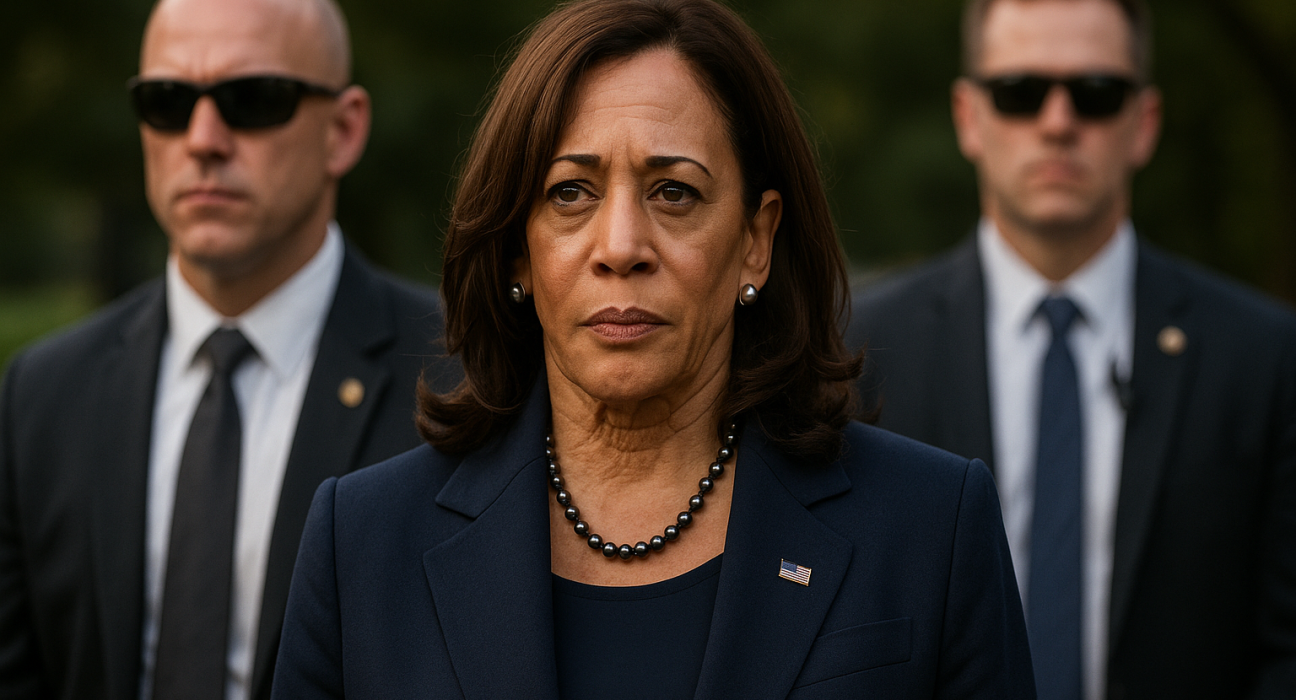On August 29, 2025, President Donald Trump issued a directive revoking Secret Service protection for former Vice President Kamala Harris, citing that the extended coverage granted by President Joe Biden would terminate effective September 1. Under federal law, former vice presidents are entitled to six months of protection post-term; Harris’s protection had already been extended by Biden to a full year—unexpectedly and without public notice.
Wikipedia
Legal and Procedural Context
The move represents a rare and politically charged adjustment. While former vice presidents are legally guaranteed six months of Secret Service protection, extensions beyond that period are at the President’s discretion. Trump’s memorandum is dated August 28 and instructs the Department of Homeland Security to “discontinue any security-related procedures previously authorized by Executive Memorandum, beyond those required by law,” effectively ending Harris’s detail starting September 1.
VG
Harris’s Response & Implications
Harris is preparing to launch a national book tour to promote her memoir, 107 Days, beginning later this month. Losing federal protection would mean she—and potentially her family—would no longer receive threat assessment, surveillance, or immediate physical security, prompting concerns about safety and increased vulnerability.
New York Post
Political Reaction
California Governor Gavin Newsom and Los Angeles Mayor Karen Bass criticized the move. Newsom’s spokesperson called it a politically motivated threat to public safety; Bass stated that Harris is being threatened and noted that local authorities would need to step in to provide protection.
The Guardian
Future Outlook
| Domain | Implications |
|---|---|
| Security Arrangements | Harris may rely on local law enforcement protection during her book tour. |
| Political Narrative | The action signals continued political retaliation in post-election dynamics. |
| Policy Precedents | Raises questions about the discretionary power over protective details for high-profile former officials. |
| Public-Private Funding | Without federal protection, Harris or her campaign—possibly donors—may need to fund private security. |
Neutral Reflection
This development marks a significant departure from tradition, highlighting the evolving—and increasingly politicized—nature of post-office protections for elected leaders. Regardless of political stance, the decision underscores complex questions about personal security, executive authority, and the norms governing transitions of power.
